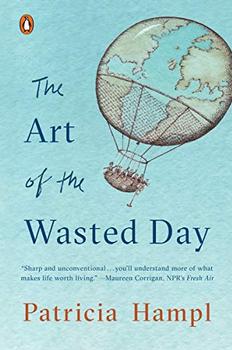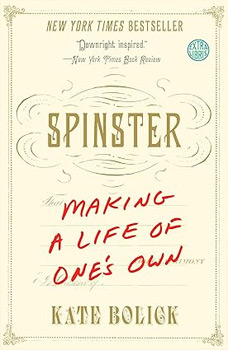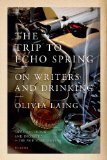Summary | Excerpt | Reviews | Beyond the book | Read-Alikes | Genres & Themes | Author Bio

A spirited inquiry into the lost value of leisure and daydream.
The Art of the Wasted Day is a picaresque travelogue of leisure written from a lifelong enchantment with solitude. Patricia Hampl visits the homes of historic exemplars of ease who made repose a goal, even an art form. She begins with two celebrated eighteenth-century Irish ladies who ran off to live a life of "retirement" in rural Wales. Her search then leads to Moravia to consider the monk-geneticist, Gregor Mendel, and finally to Bordeaux for Michel Montaigne--the hero of this book--who retreated from court life to sit in his chateau tower and write about whatever passed through his mind, thus inventing the personal essay.
Hampl's own life winds through these pilgrimages, from childhood days lazing under a neighbor's beechnut tree, to a fascination with monastic life, and then to love--and the loss of that love which forms this book's silver thread of inquiry. Finally, a remembered journey down the Mississippi near home in an old cabin cruiser with her husband turns out, after all her international quests, to be the great adventure of her life.
The real job of being human, Hampl finds, is getting lost in thought, something only leisure can provide. The Art of the Wasted Day is a compelling celebration of the purpose and appeal of letting go.
Patricia Hampl wants you to know that daydreaming is not a waste of a day. Nor is spending time alone in the midst of what you love...In this context, the wasted in The Art of the Wasted Day is hard to accept. Instead, the title of these essays-as-memoir should use the word leisurely. Of course, Hempl is trying to make a point here – that a great swath of society, American society, might think such things as daydreaming to be frivolity, to be a - yes - waste of a day. But Hampl's goal is to prove that it's not. She mostly succeeds...continued
Full Review
 (563 words)
(563 words)
(Reviewed by Rory L. Aronsky).
 The word flaneur sounds like a term for a connoisseur of flannel fabric but, in fact, the Oxford dictionary defines flaneur as "A man who saunters around observing society." It is derived from the French word flâner which means "saunter, lounge."
The word flaneur sounds like a term for a connoisseur of flannel fabric but, in fact, the Oxford dictionary defines flaneur as "A man who saunters around observing society." It is derived from the French word flâner which means "saunter, lounge."
According to an article in the New Republic, Charles Baudelaire gave birth to the term in an essay called "The Painter of Modern Life", describing a person who is a "passionate spectator," open to and interested in all that's around him. Not a real person, at that point, as it came from Baudelaire's imagination. But the flaneur has become real enough through many subsequent people, real and fictional alike.
Virginia Woolf took a walk in Tavistock Square, London that inspired To...

If you liked The Art of the Wasted Day, try these:

by Kate Bolick
Published 2016
A bold, original, moving book that will inspire fanatical devotion and ignite debate.

by Olivia Laing
Published 2014
Why is it that some of the greatest works of literature have been produced by writers in the grip of alcoholism, an addiction that cost them personal happiness and caused harm to those who loved them?